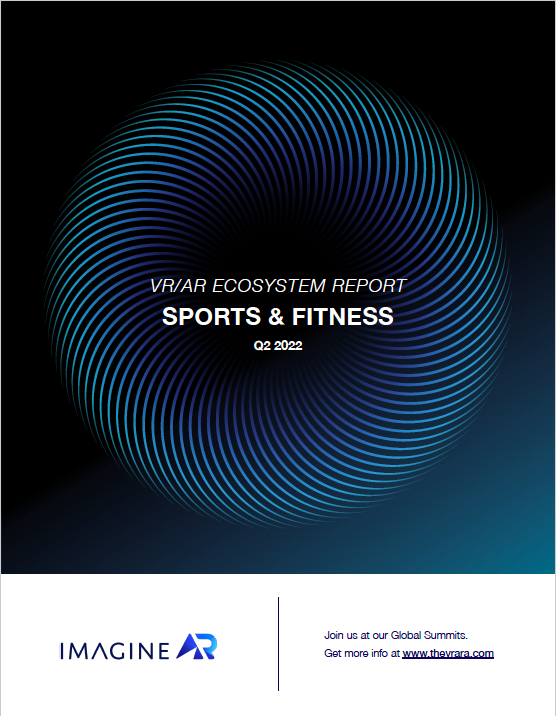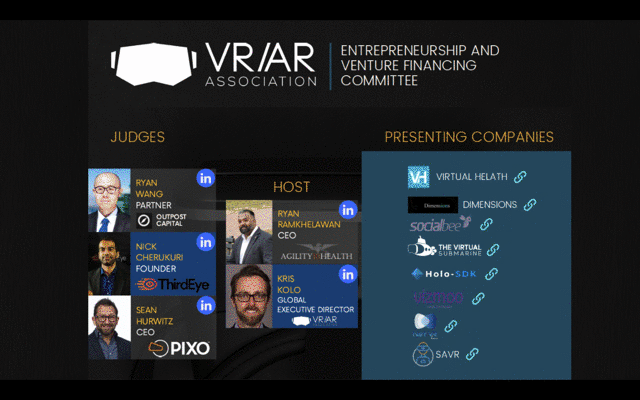Foreword by Alen Paul Silverrstieen, President & CEO, ImagineAR
Due to the Pandemic starting in 2020, Sports and Sport's related market has been significantly impacted, transforming the way the sports team and leagues engage with fans to drive revenue. On-site fan attendance was reduced considerably during the pandemic, and fans discovered new alternative online entertainment, including e-sports, virtual worlds, tokens, NFTs, and online streaming. Even when fans were finally allowed to attend live sporting events, many continued pursuing their newly formed sports engagement habits during the pandemic at home. In 2022, sports teams and leagues are testing new dynamic, immersive strategies to lure fans back to live competitions in the stadium, spend money on team merchandise, and provide team sponsors with a measurable ROI.
Mobile Augmented Reality has become one of the key strategies to provide an immediate entry into the Metaverse for sports teams and leagues to engage fans with immersive and interactive activations. Leveraging an integrated SDK (Software Development Kit), such as the ImagineAR native IOS & Android SDK, into an existing mobile app delivers instant global engagement, including Player Holograms, AR Treasure Hunts, Sweepstakes, and Visual Image Activation. Brazilian Football 3X 2022 Champion – Clube Atlético Mineiro – experienced a 3000% increase in daily mobile app downloads when they launched immersive AR campaign integration in 2021.
The AR market has been forecasted to grow exponentially in the next few years. Sports will be a significant area where it will be used to build a fan community and ultimately drive new revenue opportunities. AR should be considered another central digital engagement channel, like social media, to provide fans with new interactive activation they want to engage with and instantly share with their community. As 5G Wireless becomes more prevalent in stadium and arena infrastructure, AR can be more interactive, immersive, and seamlessly integrate the physical and digital world experiences.
Additionally, many sports teams have implemented VR to improve player skills training using game simulation applications. Leveraging VR, players can consistently improve their reaction to specific plays and game situations by retraining their reflexes.
Using AI, players can analyze their particular body movements to understand optimization and areas requiring improvement. Technology has started to impact player on-field performance and will continue to expand globally and improve player's gameday performance.
We expect 2022 will be the year AR will be a permanent digital strategy for sports organizations to deliver immersive fan engagement and create new profitable revenue streams for the future.






